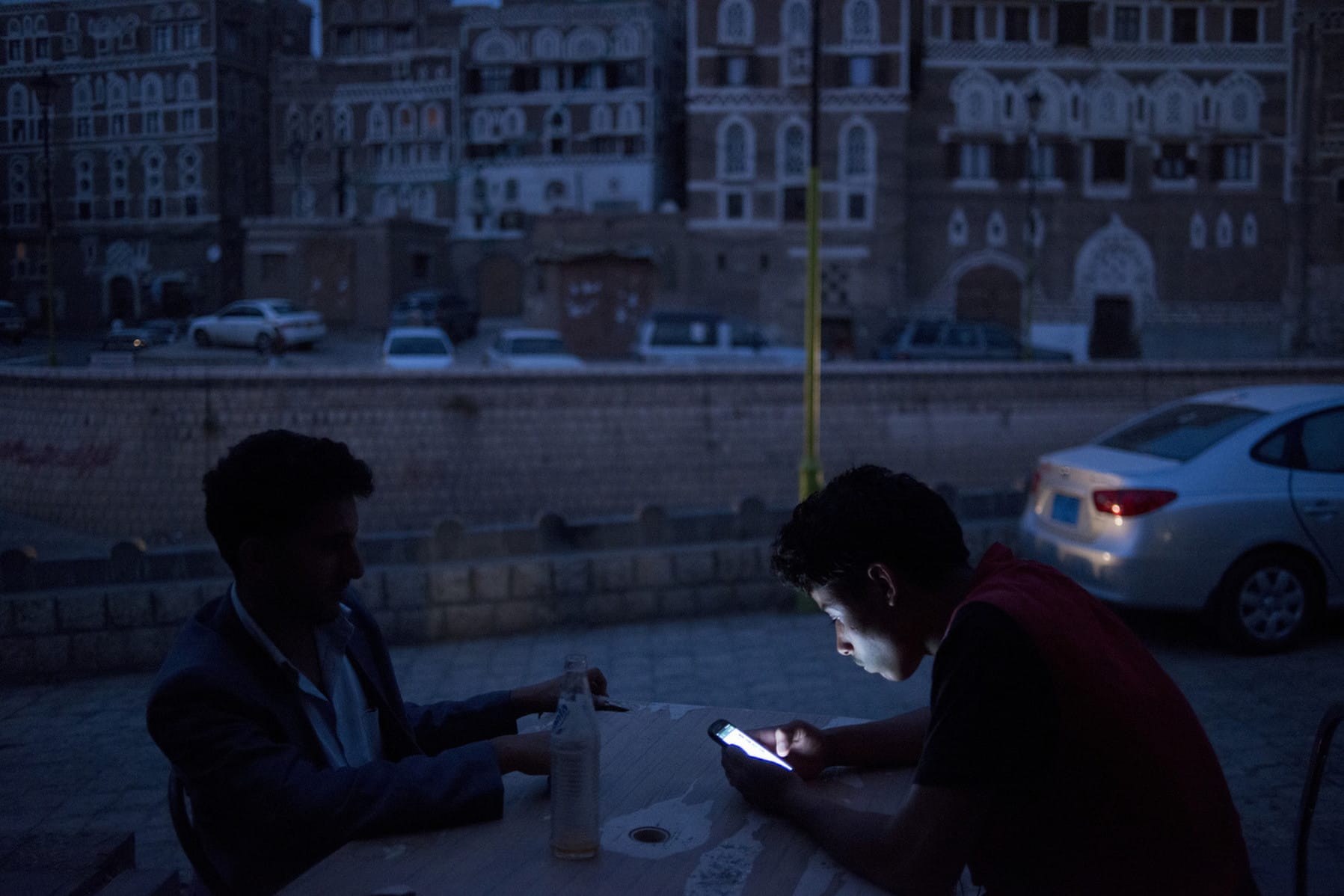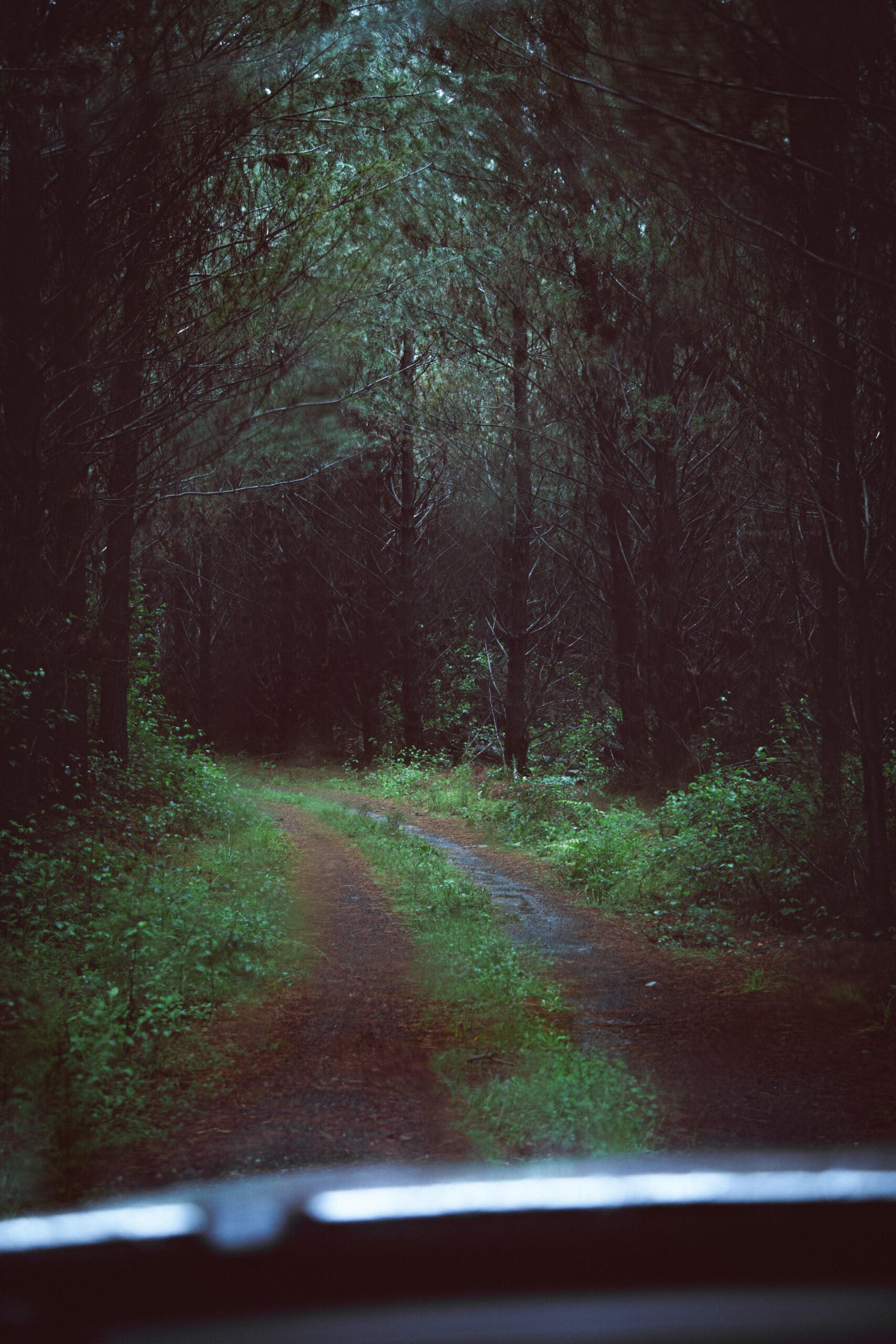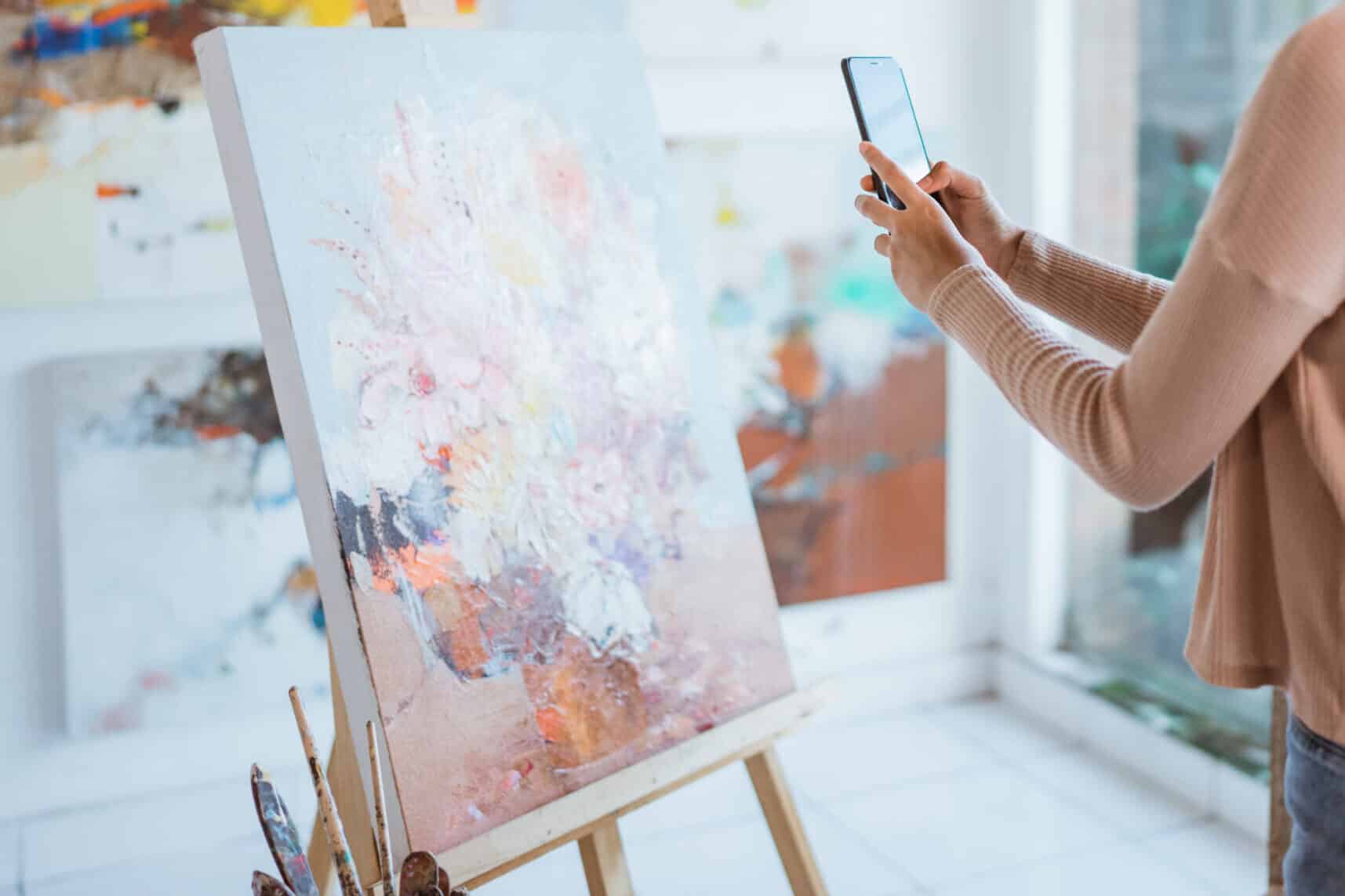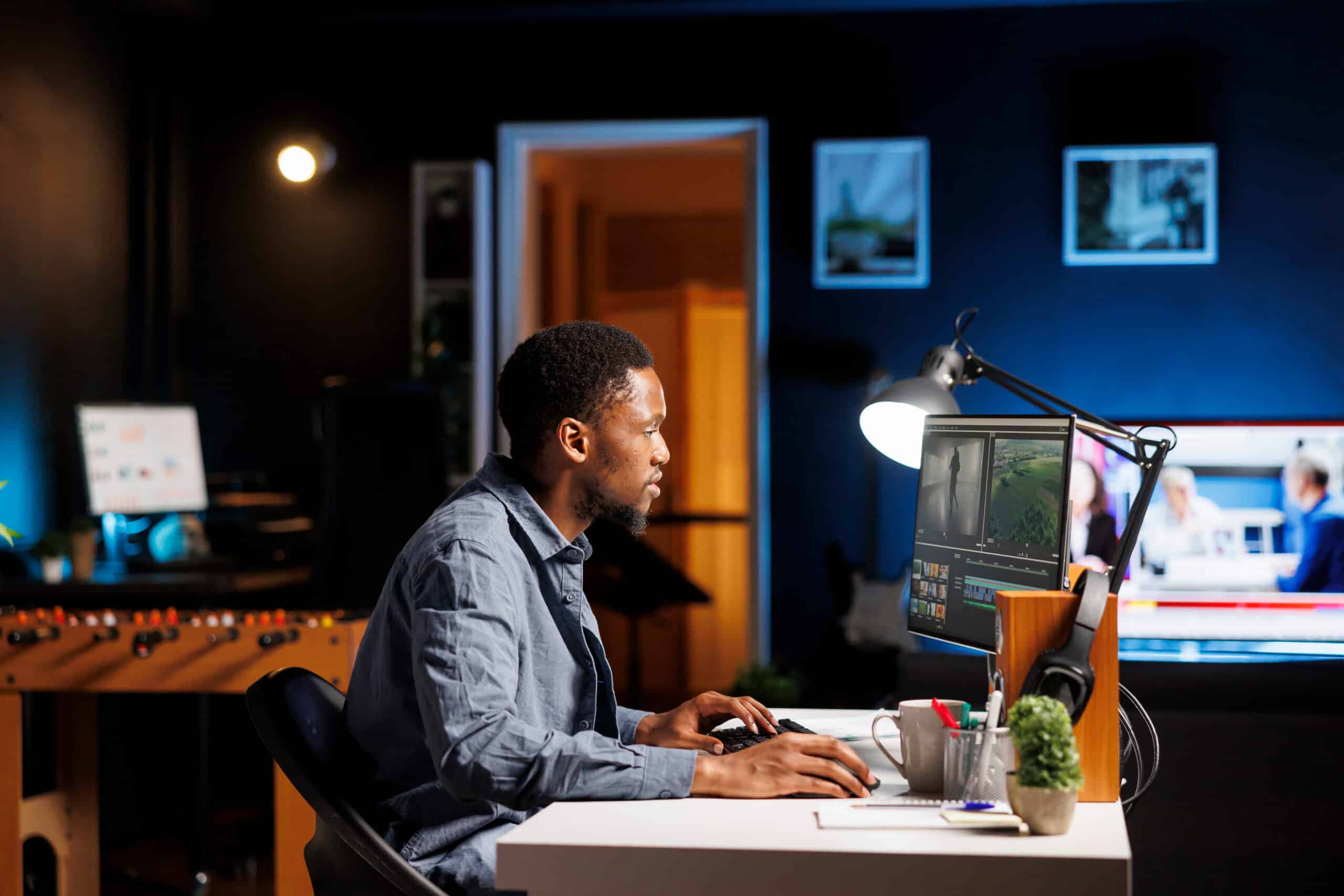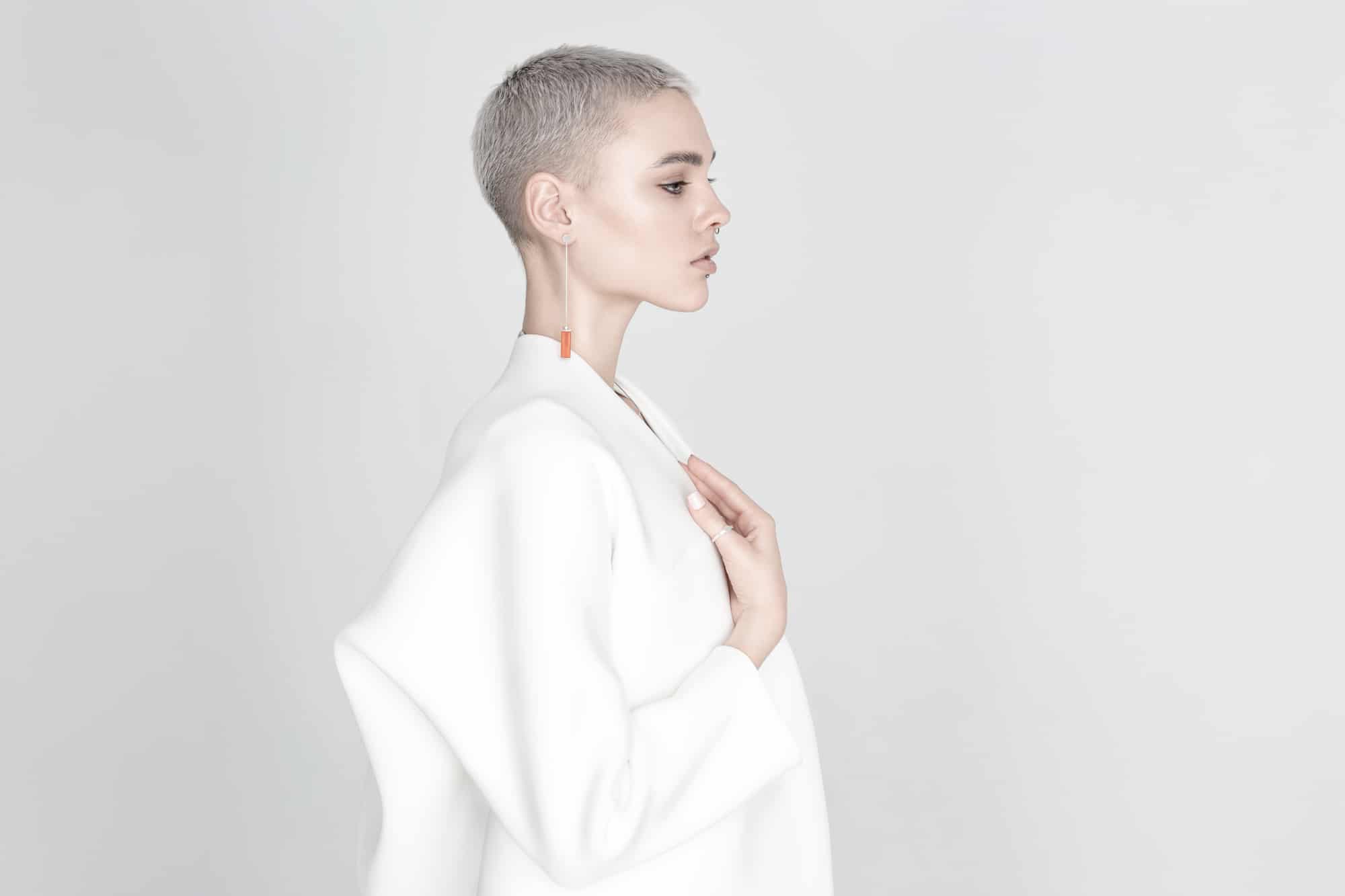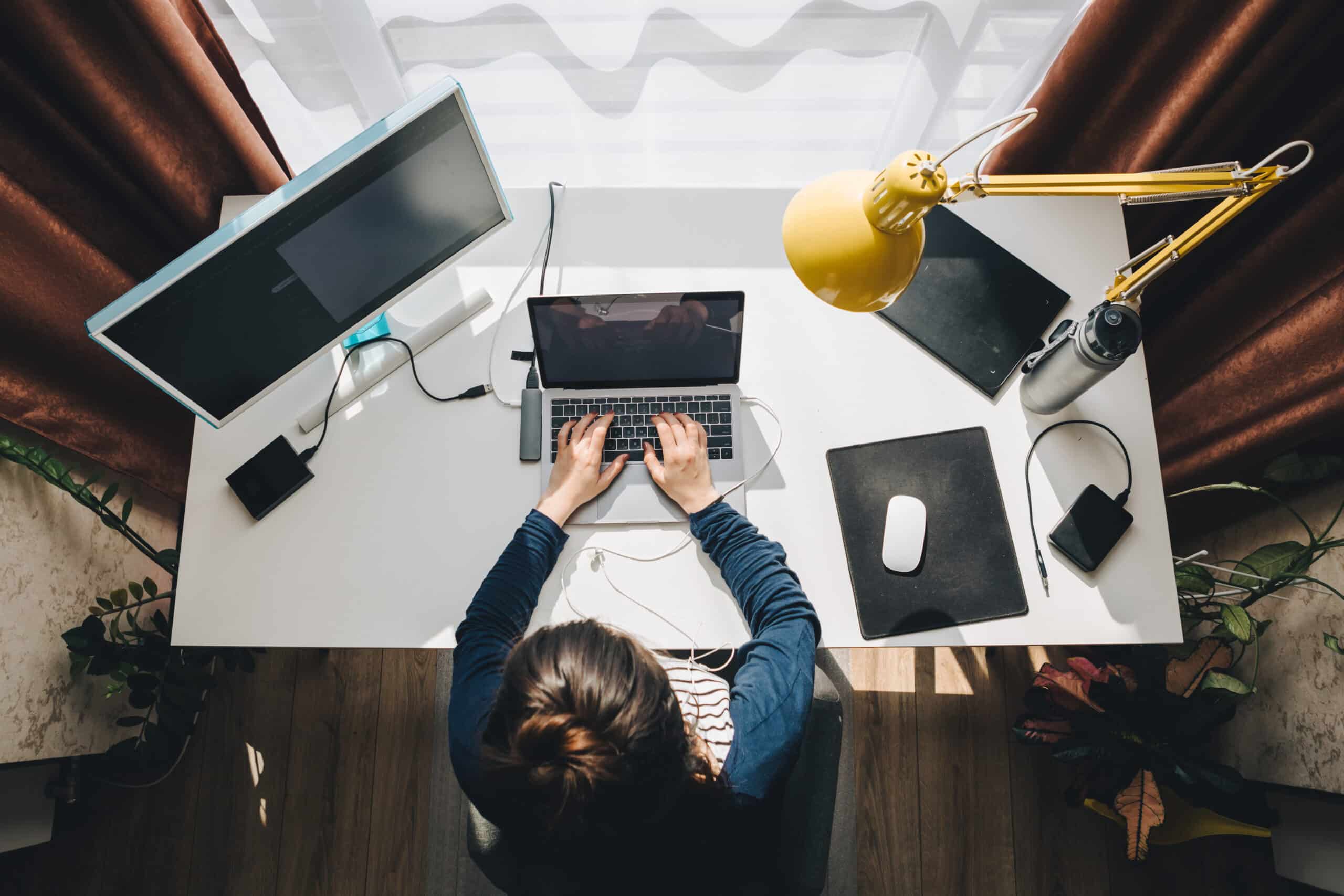President Donald Trump’s controversial decision to ban citizens of seven Muslim-majority countries from entering the United States has resulted in protests across the US and around the world, with many criticizing the choice as anti-Muslim. The executive order blocks citizens of Iran, Iraq, Libya, Somalia, Sudan, and Yemen from entering the US for 90 days.
Hundreds of travellers found themselves abruptly stranded at foreign airports or deported after landing in the US, despite having valid visas and even green cards. People on their way to visit sick family members, reunite with spouses, obtain medical care, and begin new careers in America have found themselves suddenly barred from entering the country, even after spending months or years obtaining a visa.
At airports from LA to New York, Americans quickly turned out in huge crowds to protest what’s come to be known as a “Muslim ban”. Trump has defended the widely criticized executive order as a national security measure. “Call it what you want, it is about keeping bad people (with bad intentions) out of country,” he said on Twitter. He may be reluctant to come out and say it, but the message is clear. Whether they’re professionals relocating for work or refugees fleeing a war zone, people from certain cultures are not welcome in Trump’s America.
The travel ban represents people from the listed countries as “other.” Beyond the accusation that they’re more likely to have “bad intentions” than other visitors, there’s also an assumption that people from these places are just too different from Americans to fit in.
What does daily life actually look like in Iran, Iraq, Libya, Somalia, Sudan, or Yemen? We found seven photographers who’ve documented everyday life in these countries. Their photography offers a close look at regular people in the countries blacklisted by Trump’s ban. In street photography and portrait series, these photographers tell the real story of what these countries are like.
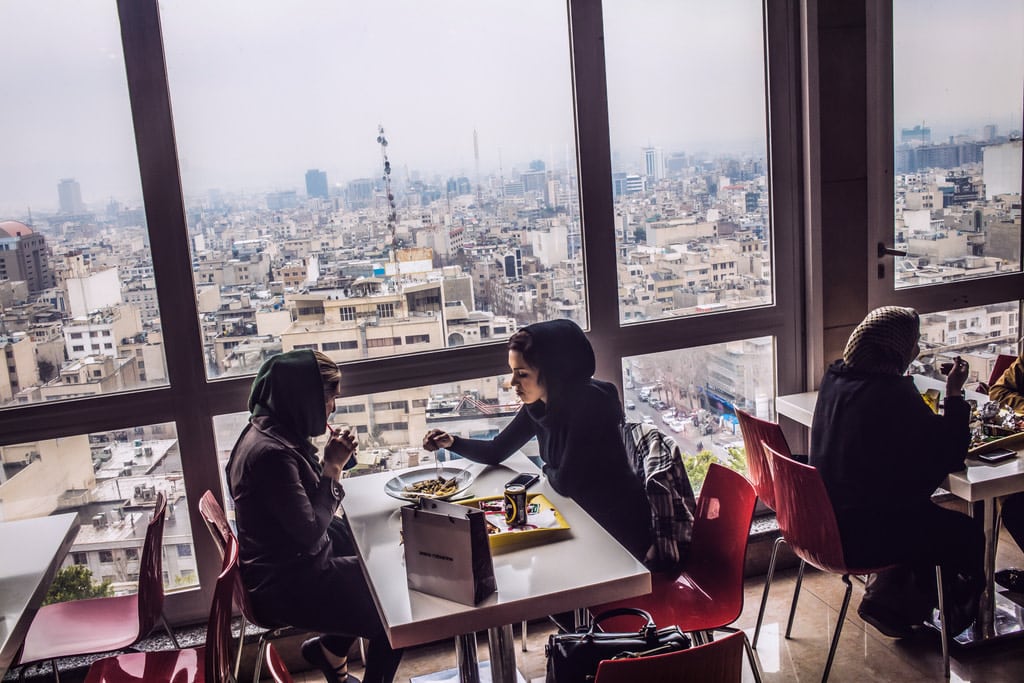
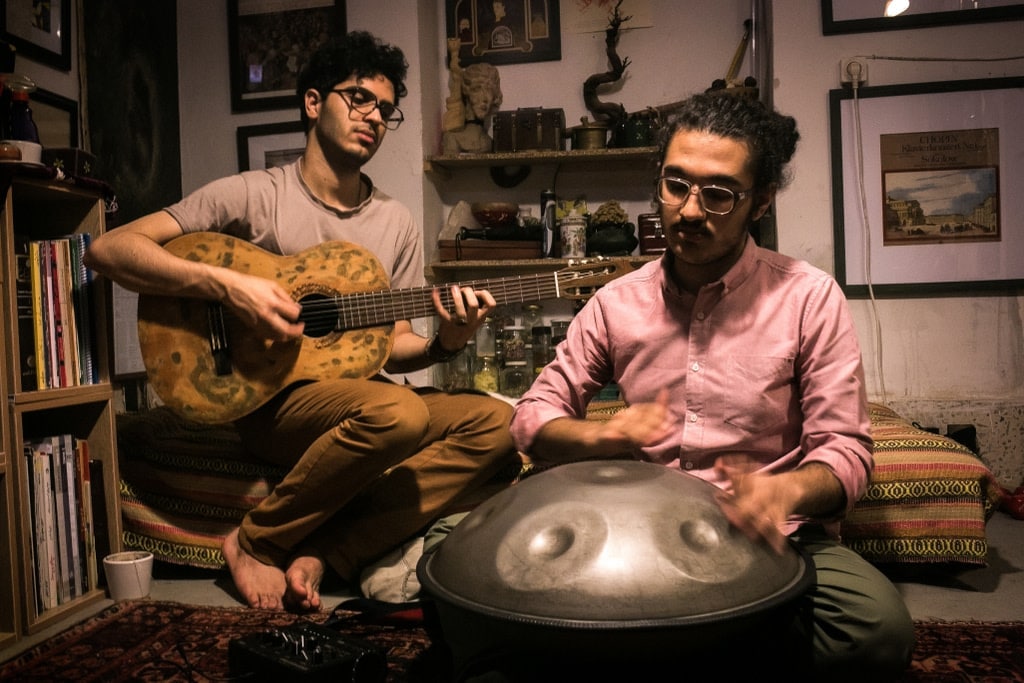
Iran
Fotógrafo Nicola Zolin spent several years documenting young people in Iran in a moving photo series titled Iran Underground. Zolin describes Iran’s youth as “open to change and hungry for diversity,” shooting them hanging out the beach, shopping, hitchhiking, and making music with friends. Here, girls have lunch in Abbas Abad, and Mohsen and Pourbeh make music together in Isfahan.
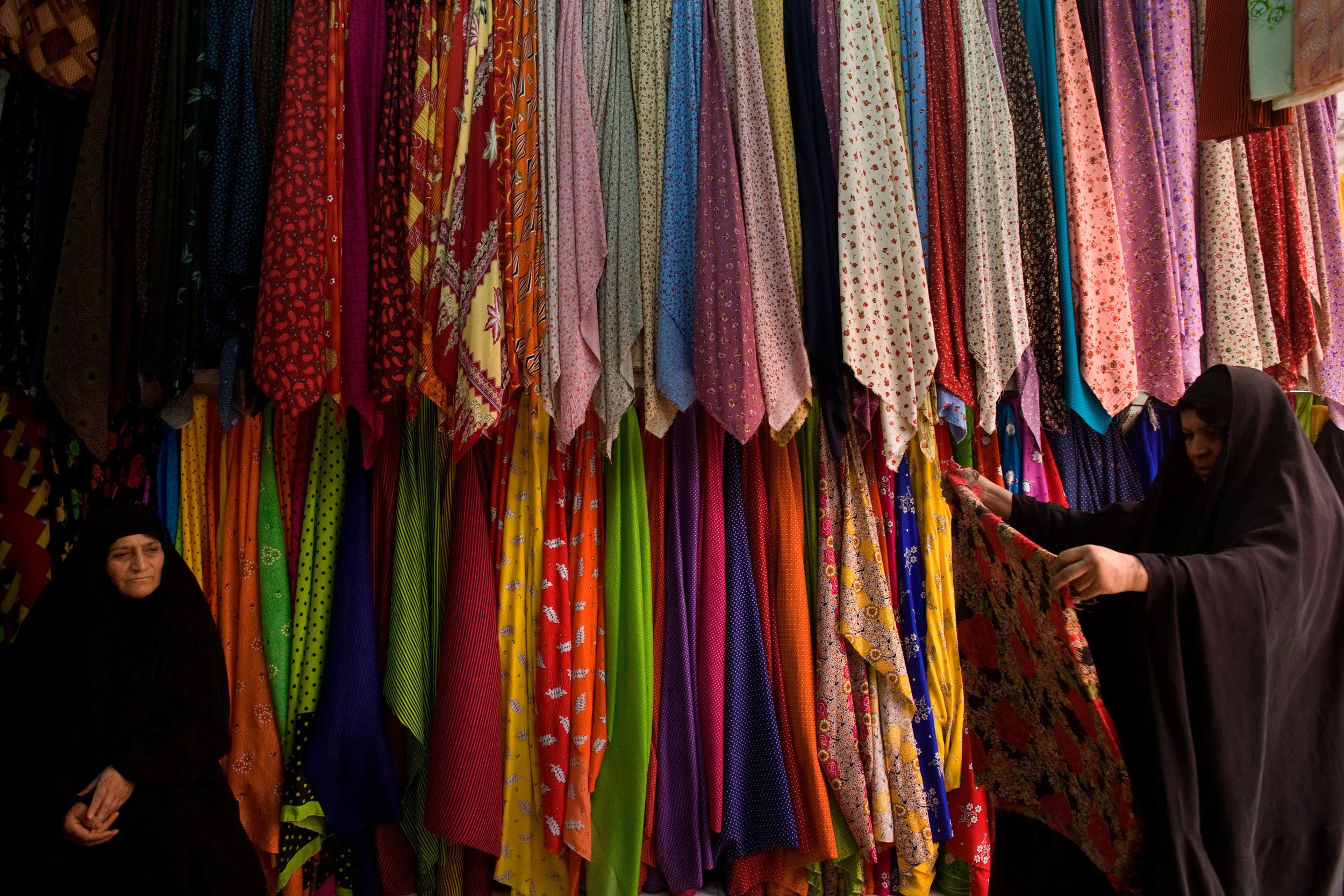
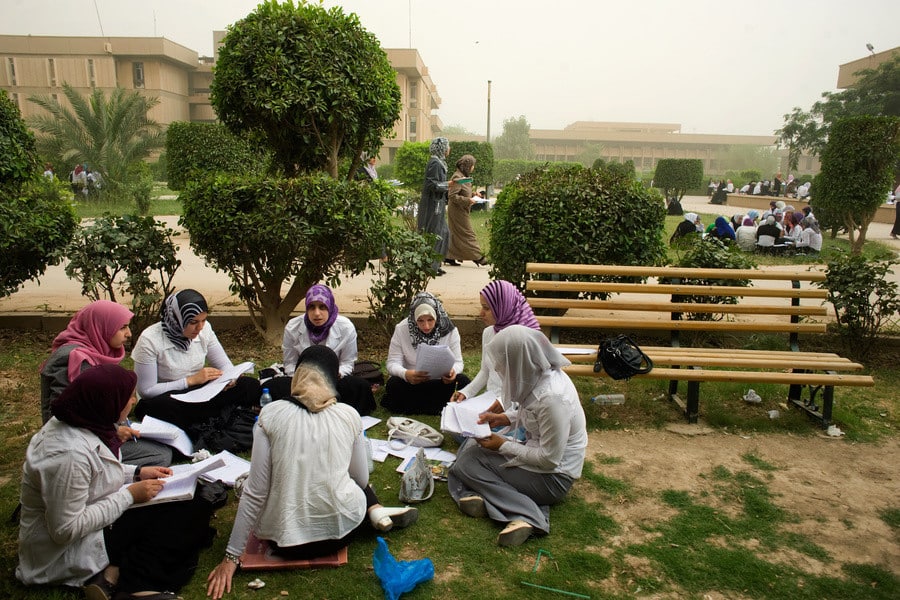
Iraq
Currently based in Turkey, photojournalist Holly Pickett extensively documented the Arab Spring uprisings in 2011. On Instagram, she contributes work to the photo collectives Everyday Middle East y Everyday Africa, which aim to break down stereotypes about both regions by sharing images of everyday life. This photos were shot in Baghdad, Iraq’s capital city. Above, a woman does some shopping; below, students take a study break on campus at Baghdad University.
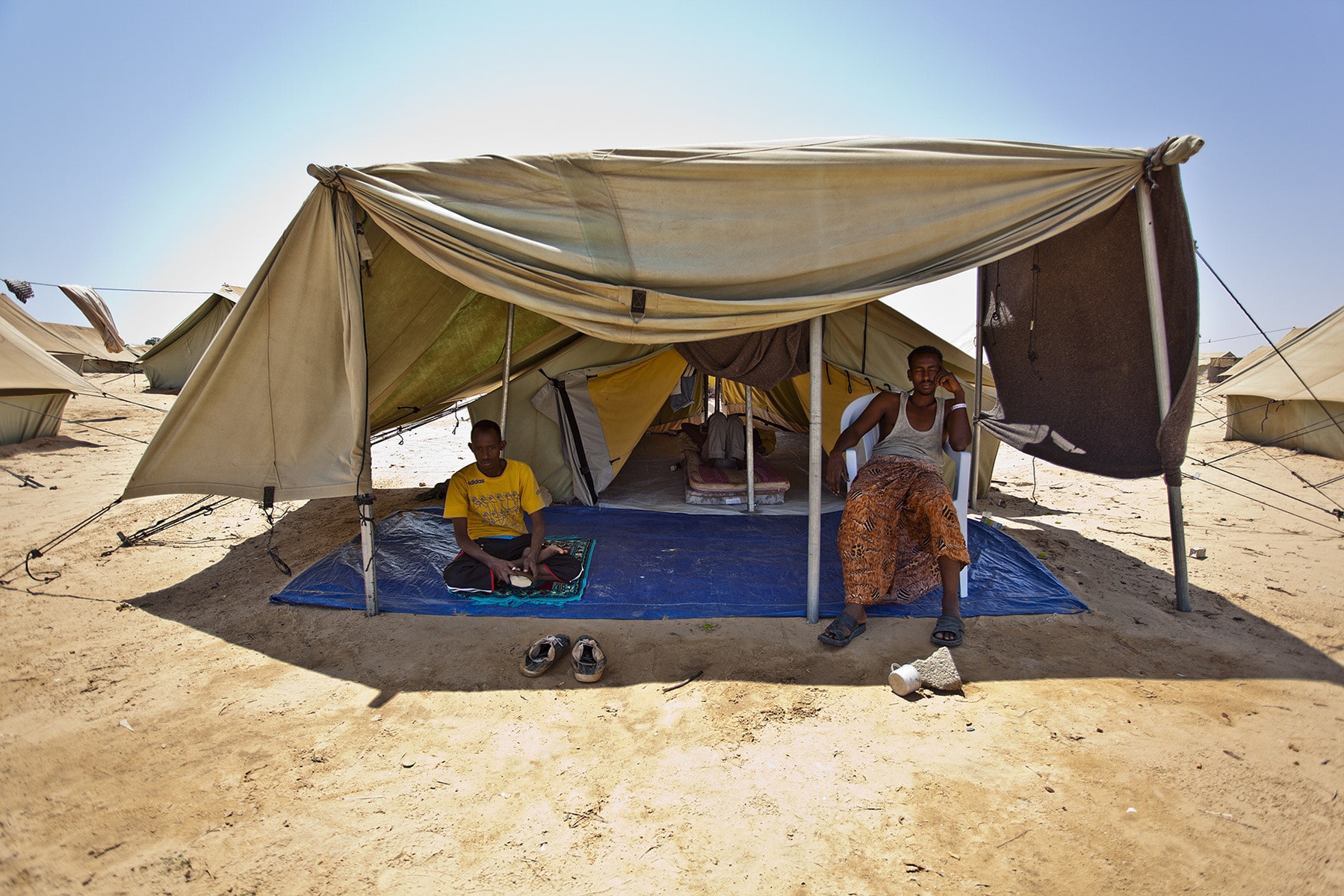
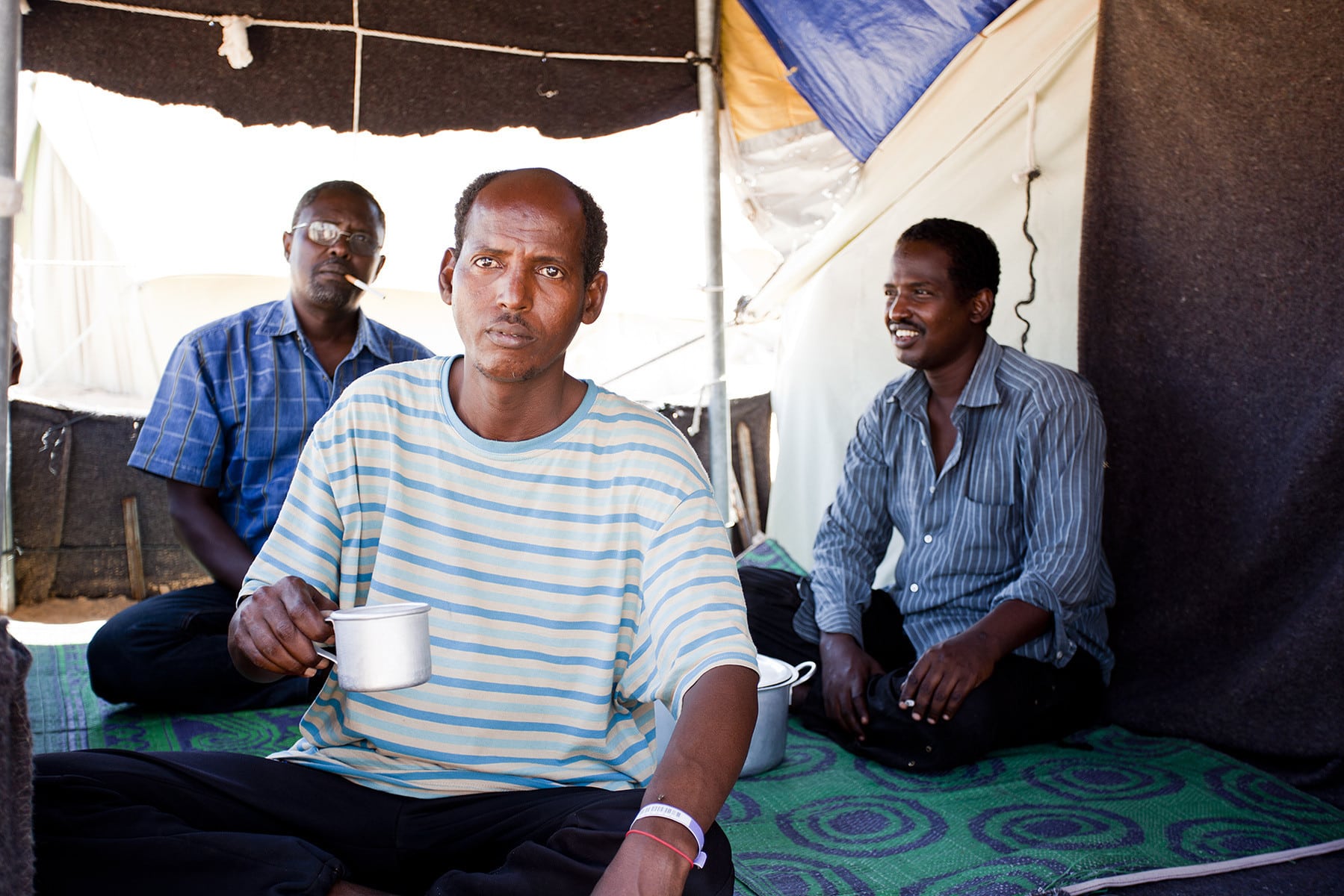
Libya
Fotógrafo Iskander Ben Amor visited the Libya-Tunisia border to document the experiences of refugees there. Civilians in Libya have faced years of civil war, leading to large numbers of people being displaced from their homes. Here, men relax at a refugee camp.
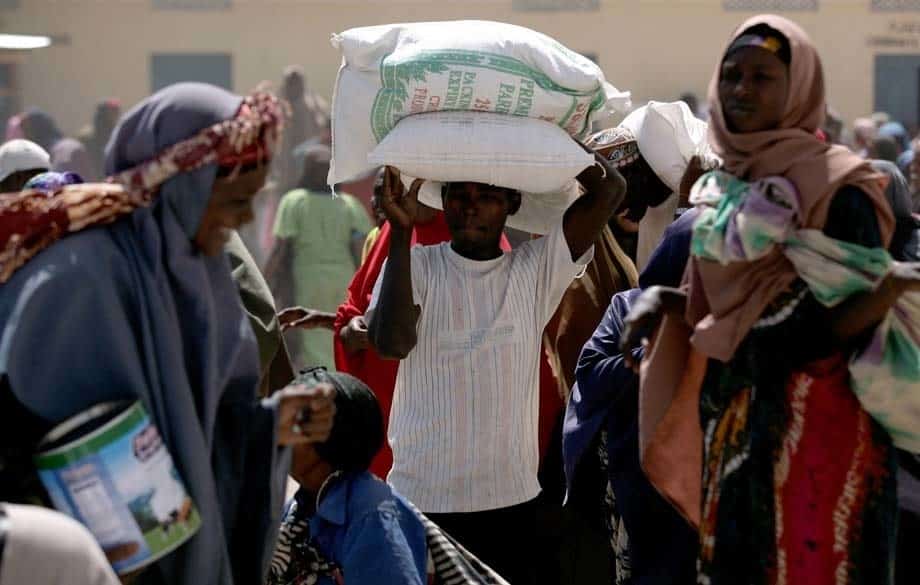
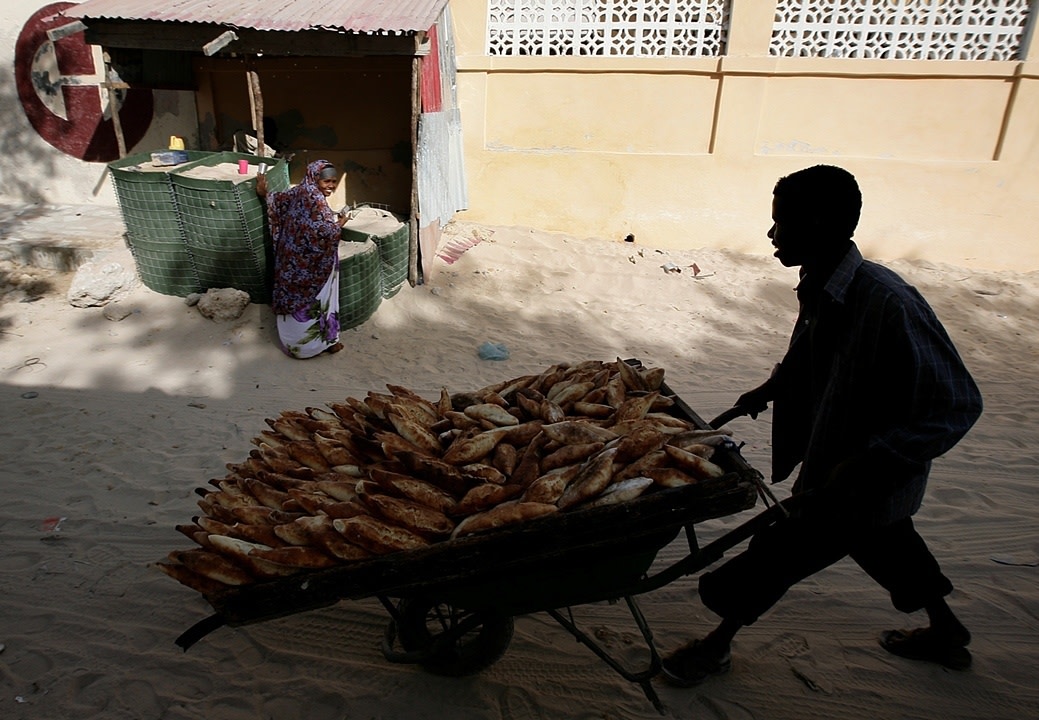
Somalia
Fotoperiodista Aizuddin Saad has covered a range of important political events on assignment all across Asia. He followed along with a humanitarian mission in Mogadishu, Somalia, to document what life is like in Somalia’s capital city. Somalia’s economy has struggled due to a long-lasting civil war, but Mogadishu is working hard to rebuild its infrastructure.
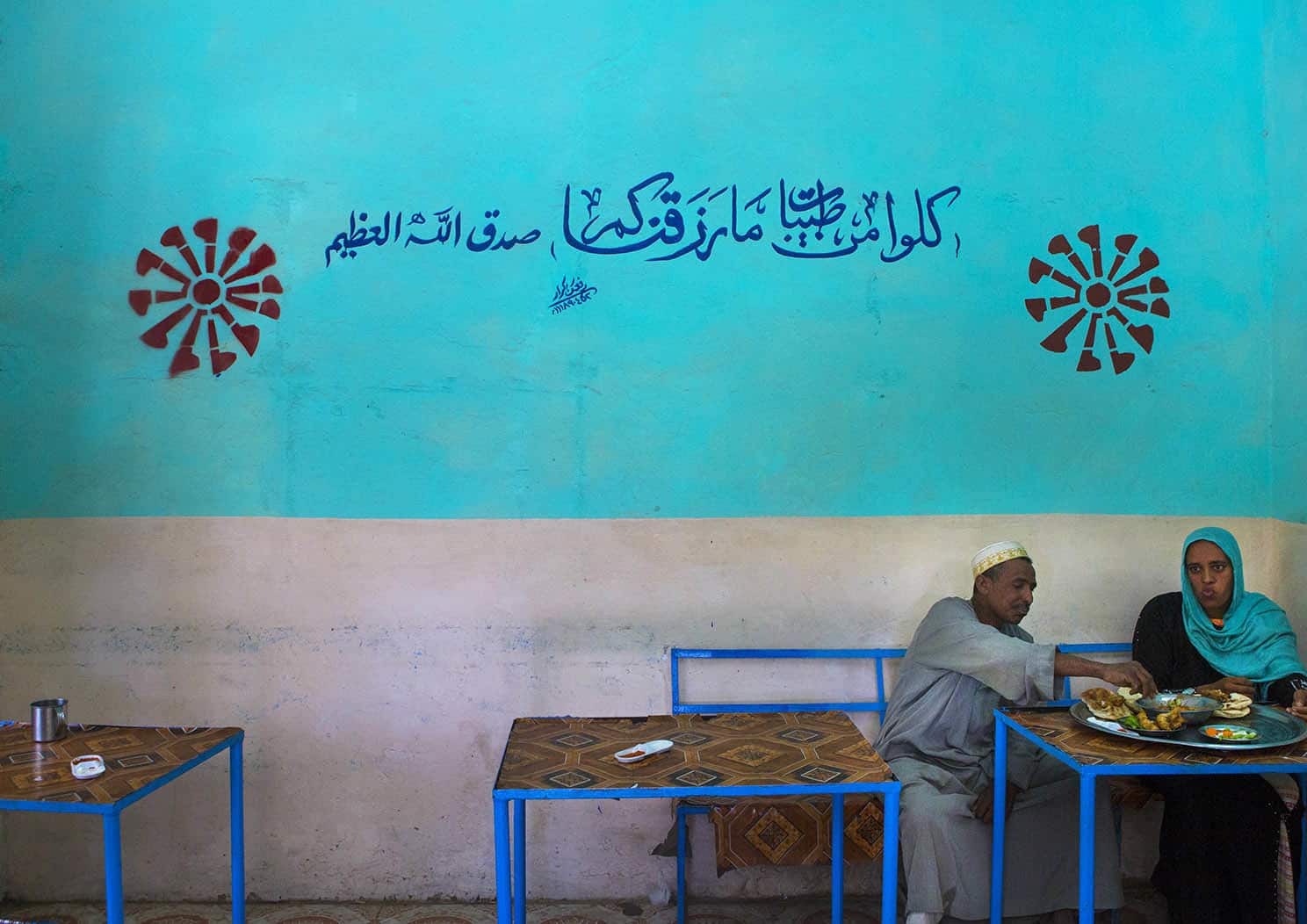
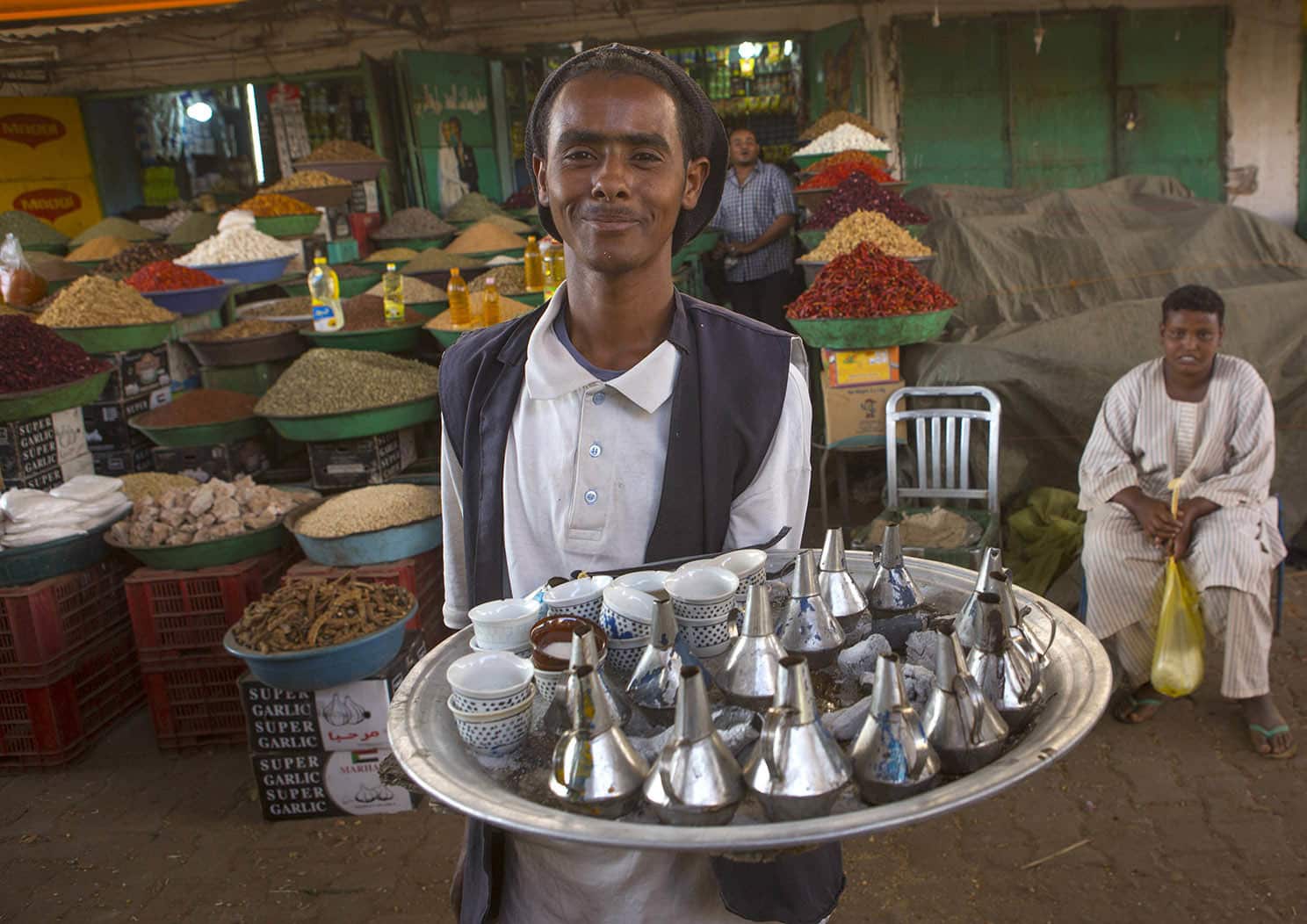
Sudan
In 2011, after civil war, the southern region of Sudan split off into a separate country, South Sudan. Formerly one of the largest countries in Africa, Sudan is now grappling with a new identity. Unlike South Sudan, where many people follow Christianity or indigenous faiths, most of Sudan’s population identifies as Muslim. Here, some moments in Sudan documented by photographer Eric Lafforgue.
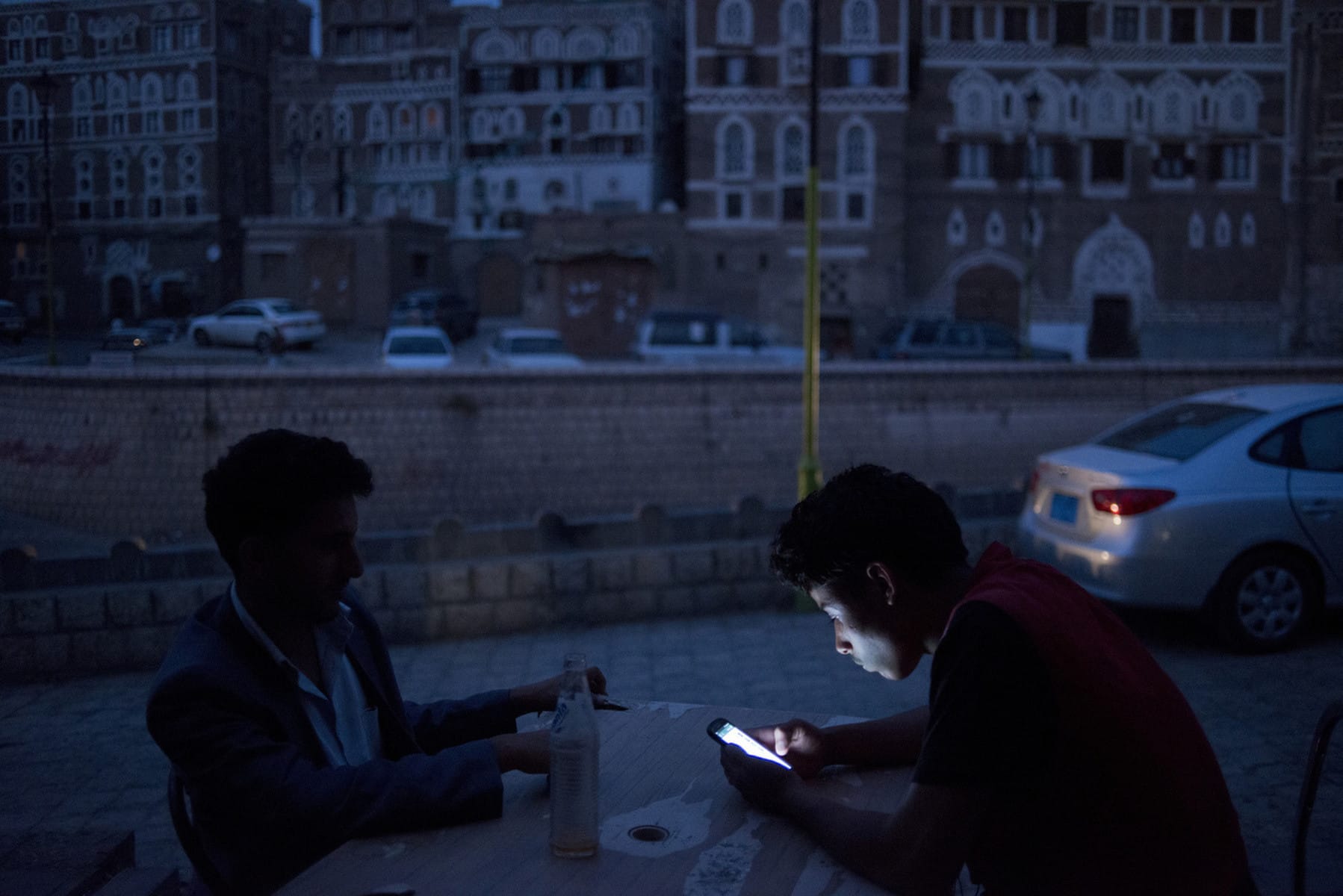
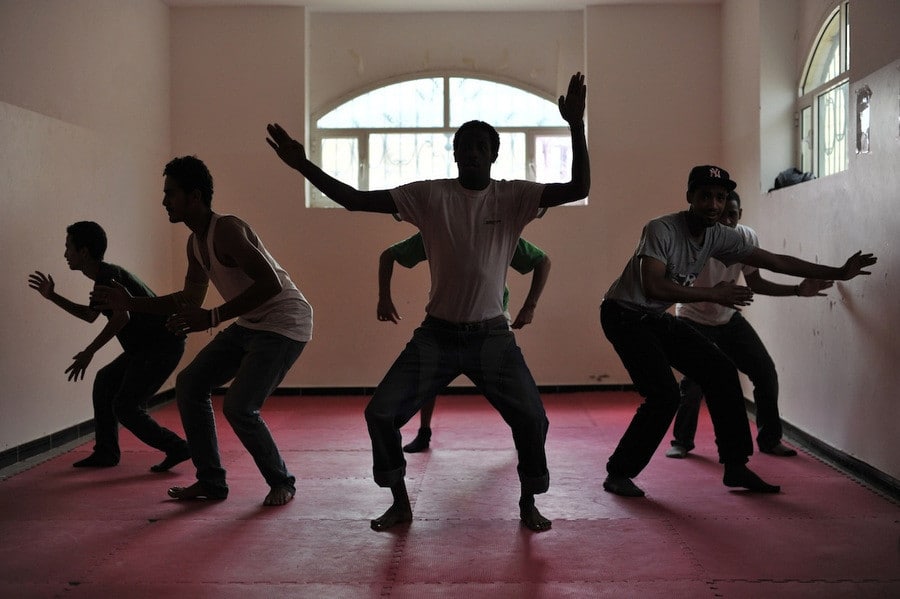
Yemen
Photographer and journalist Alex Kay Potter works mostly in the Middle East, and has studied in Beirut. In Yemen, a civil war that started in 2015 has destroyed historic buildings, homes, and lives. Above, boys check their phones in darkness during a power outage. Below, a workout in Sana’a, Yemen’s capital city.
Cover image by Alex Kay Potter.
